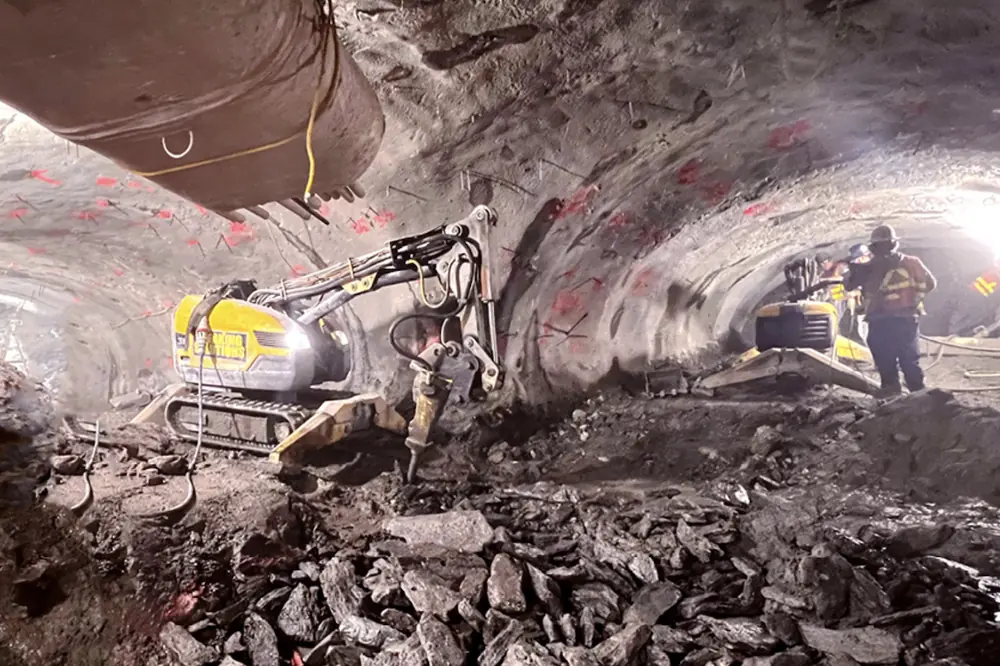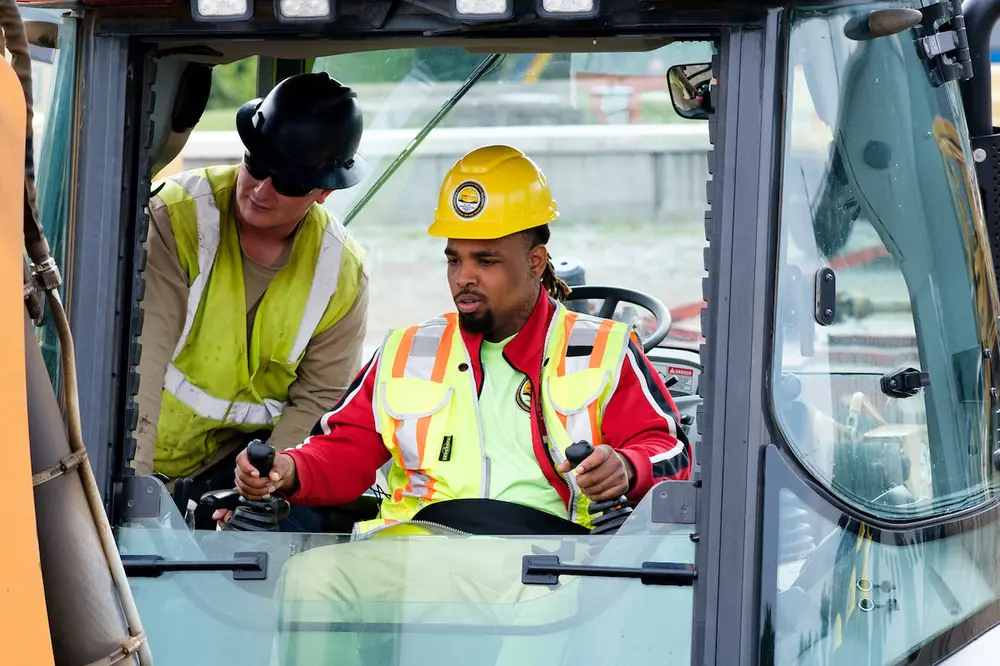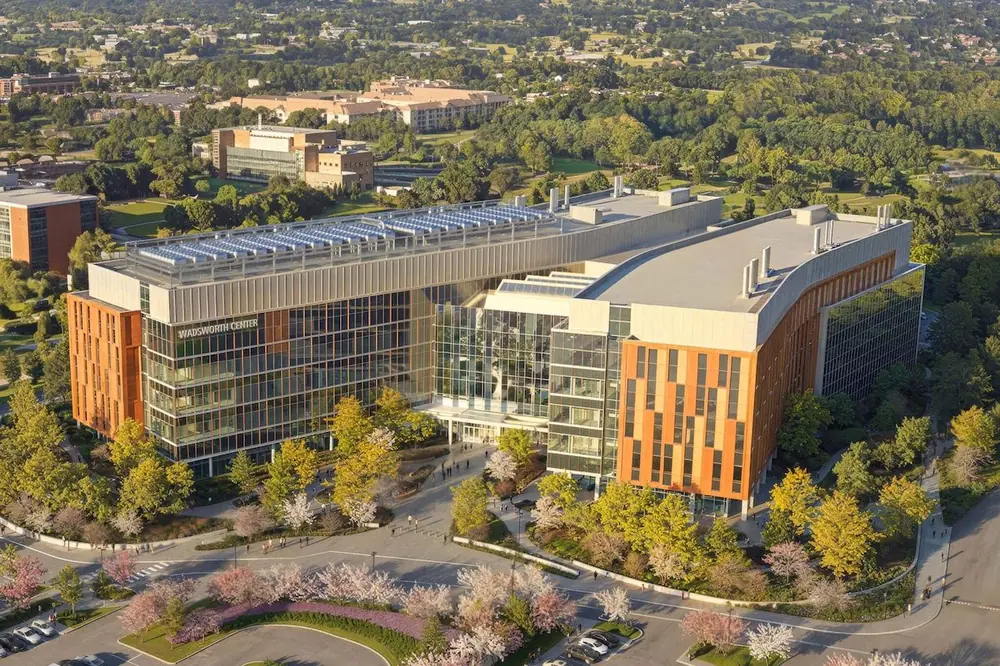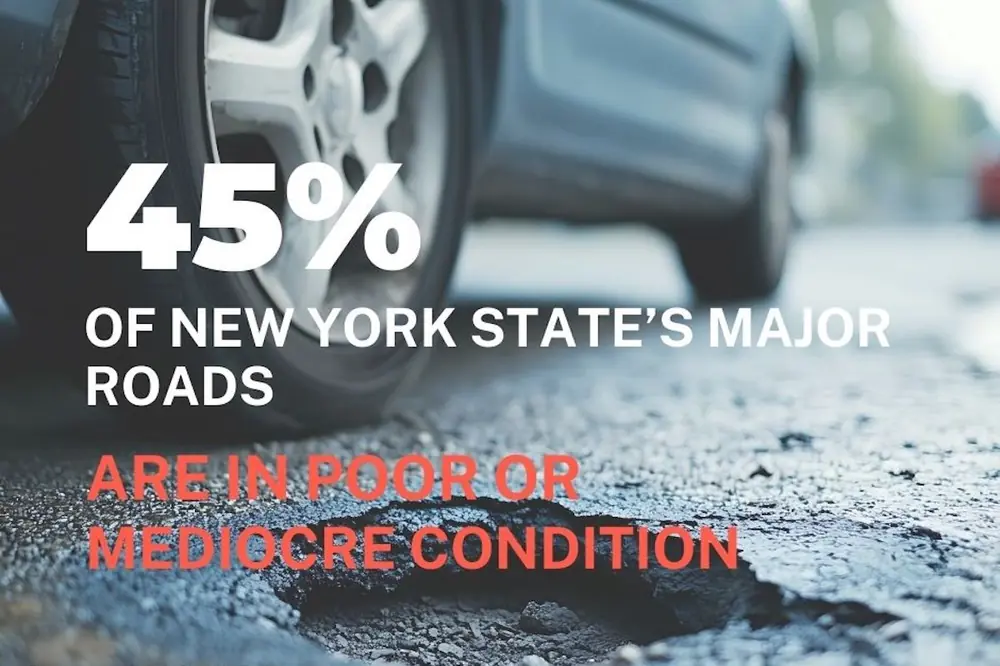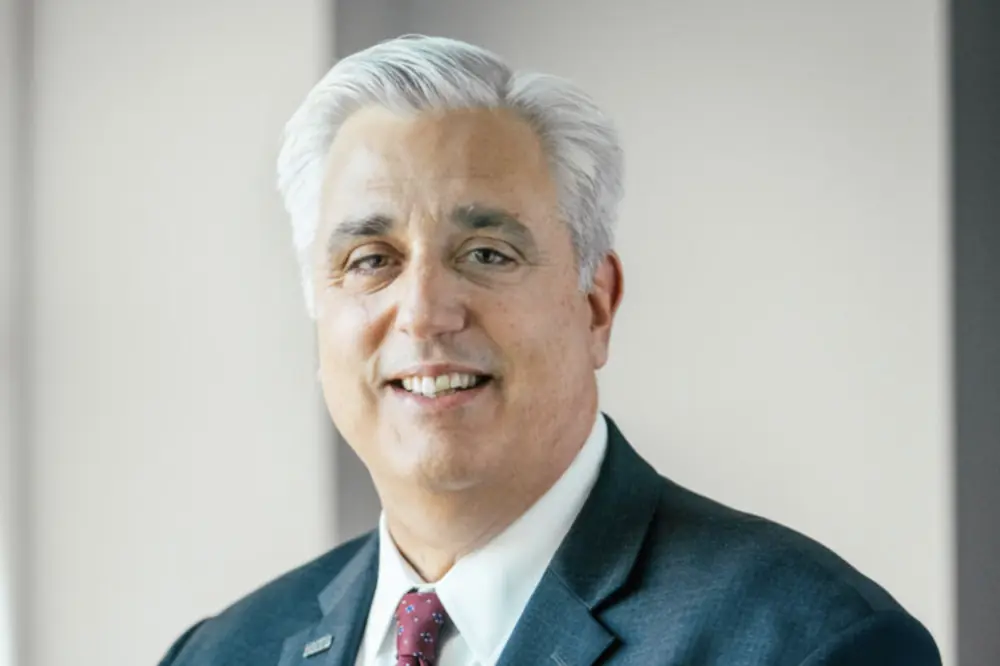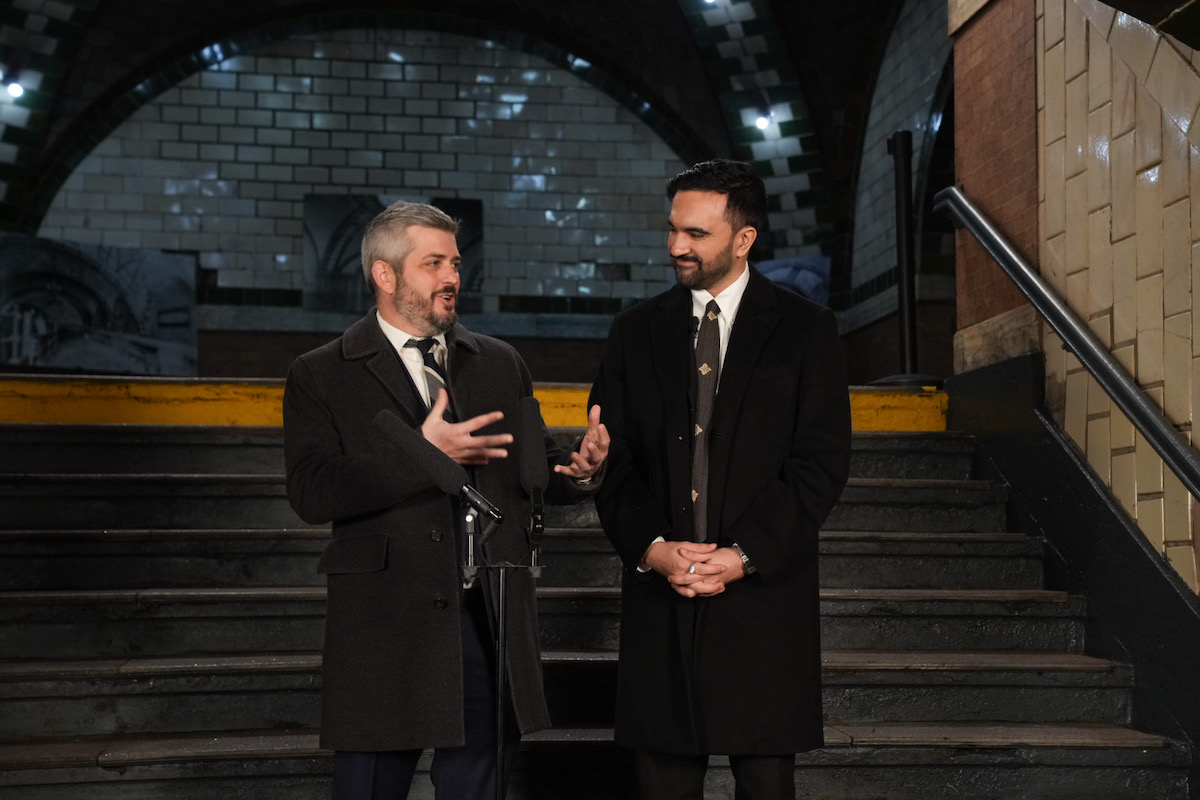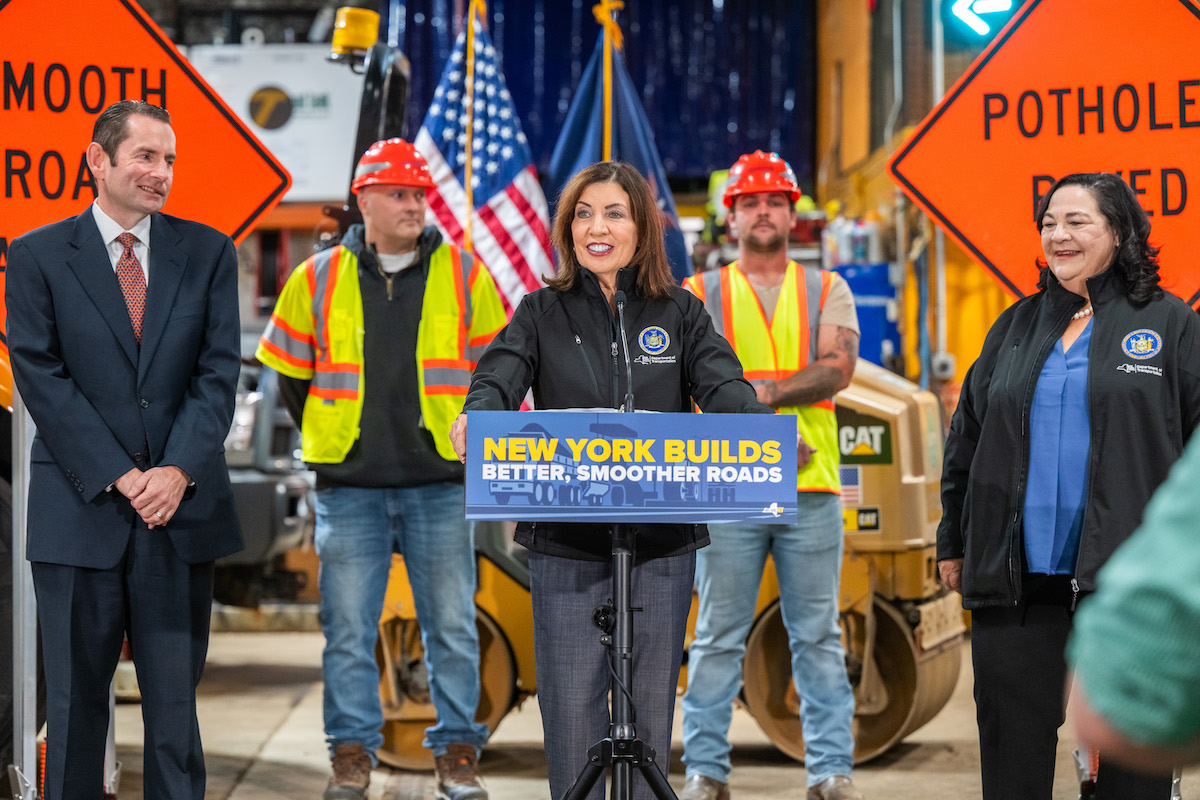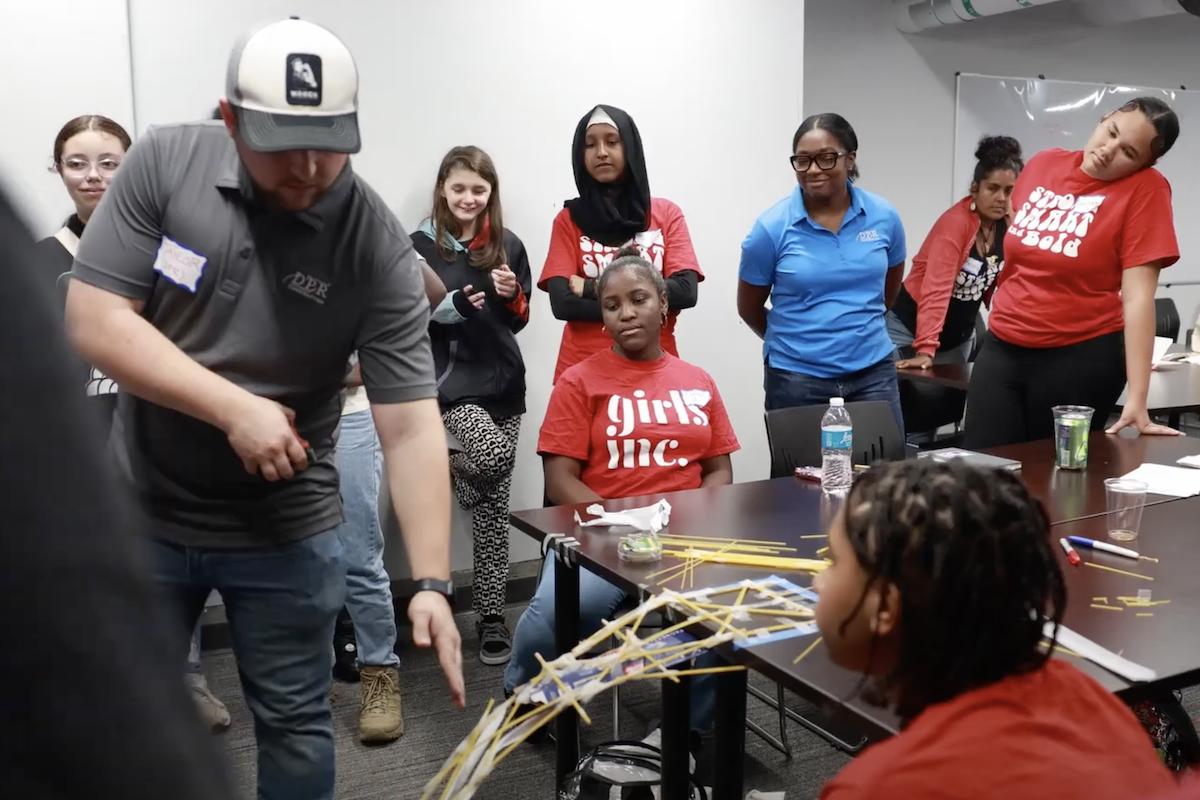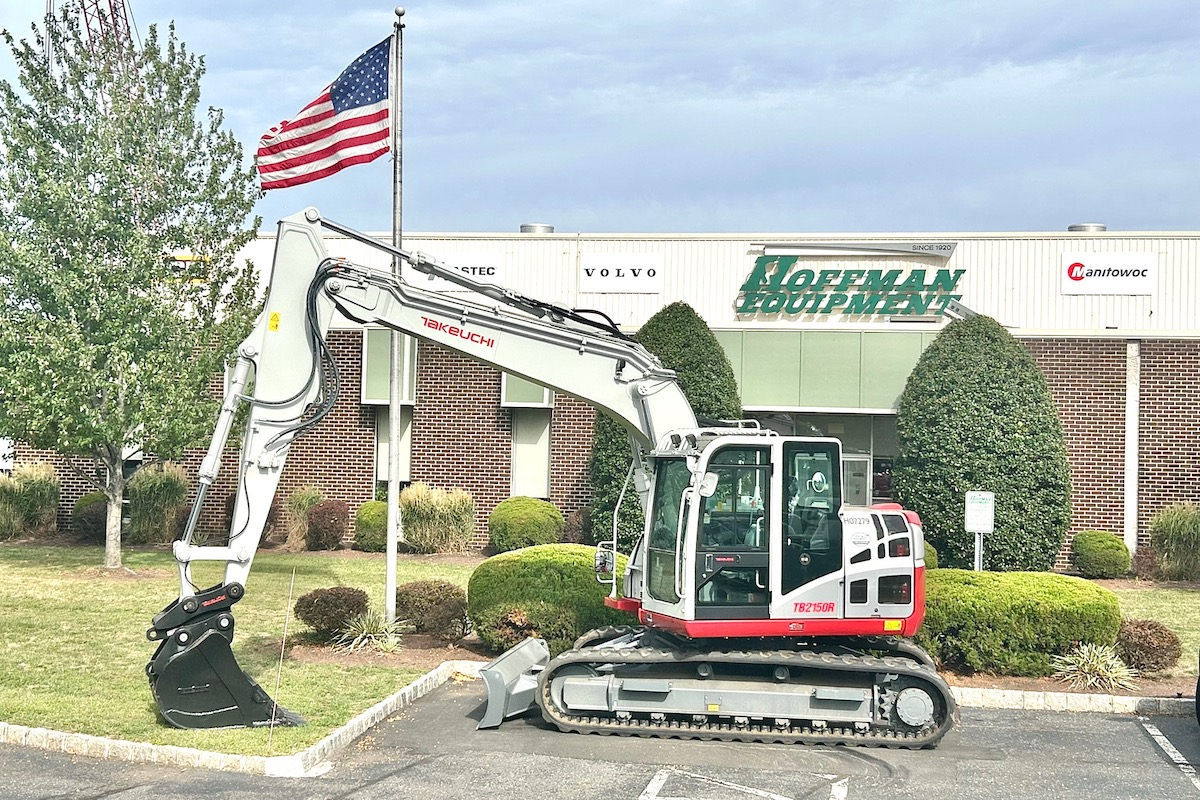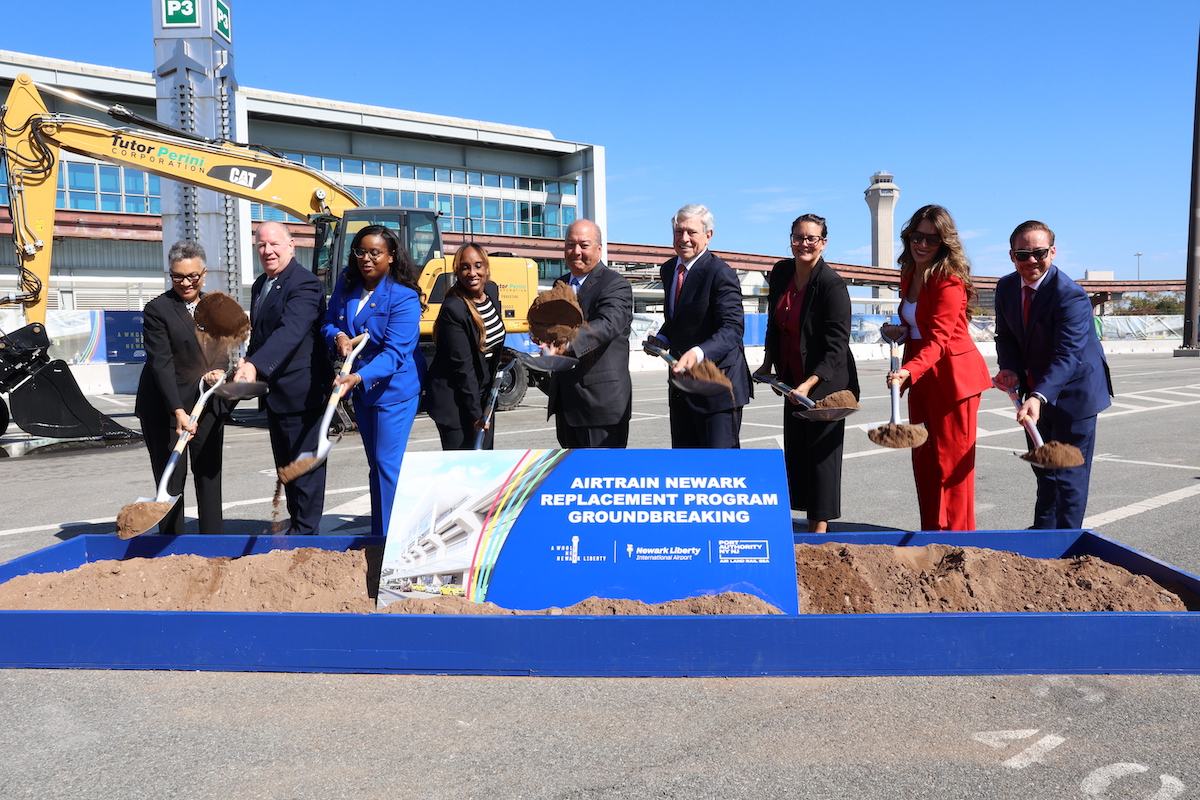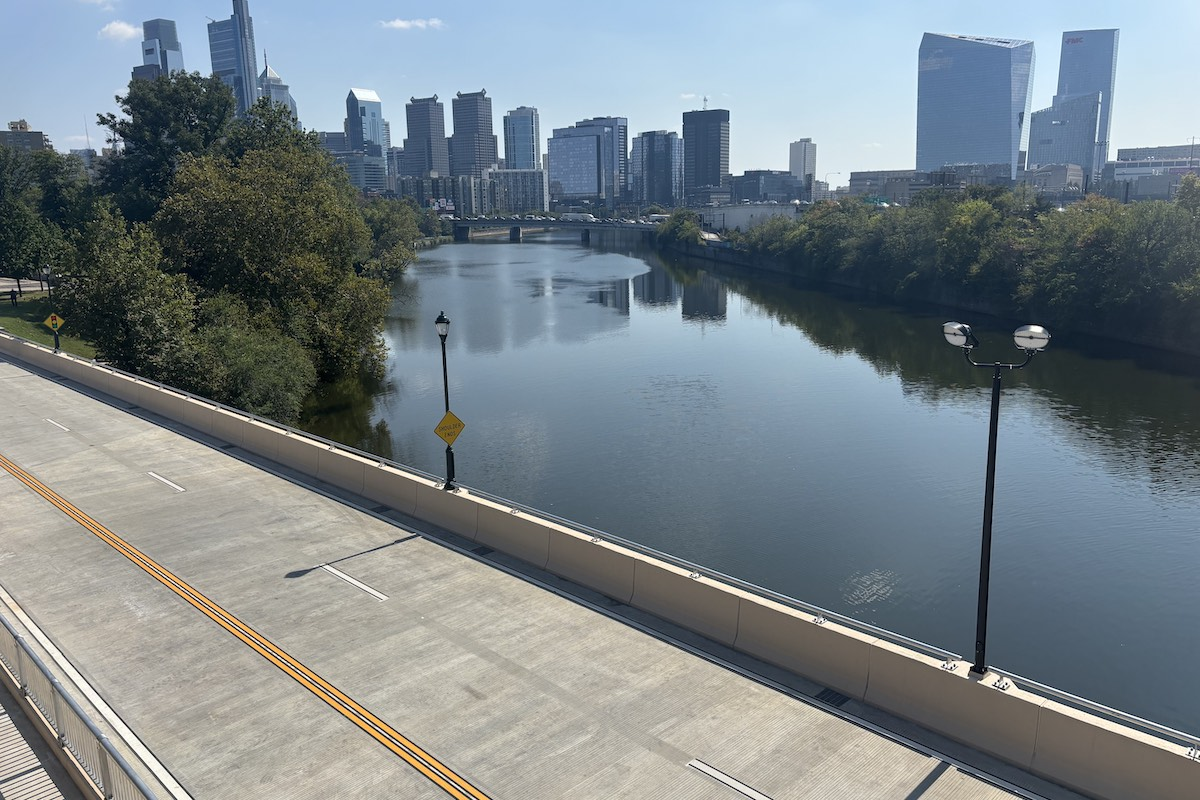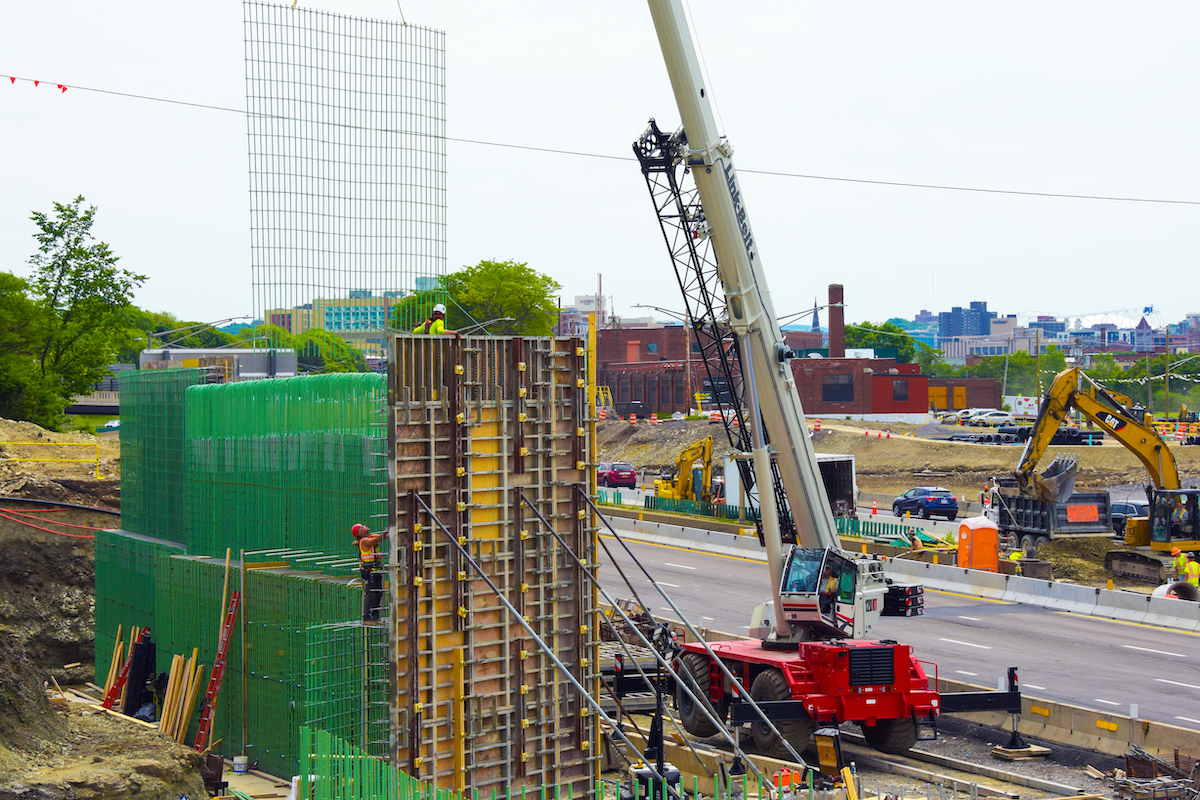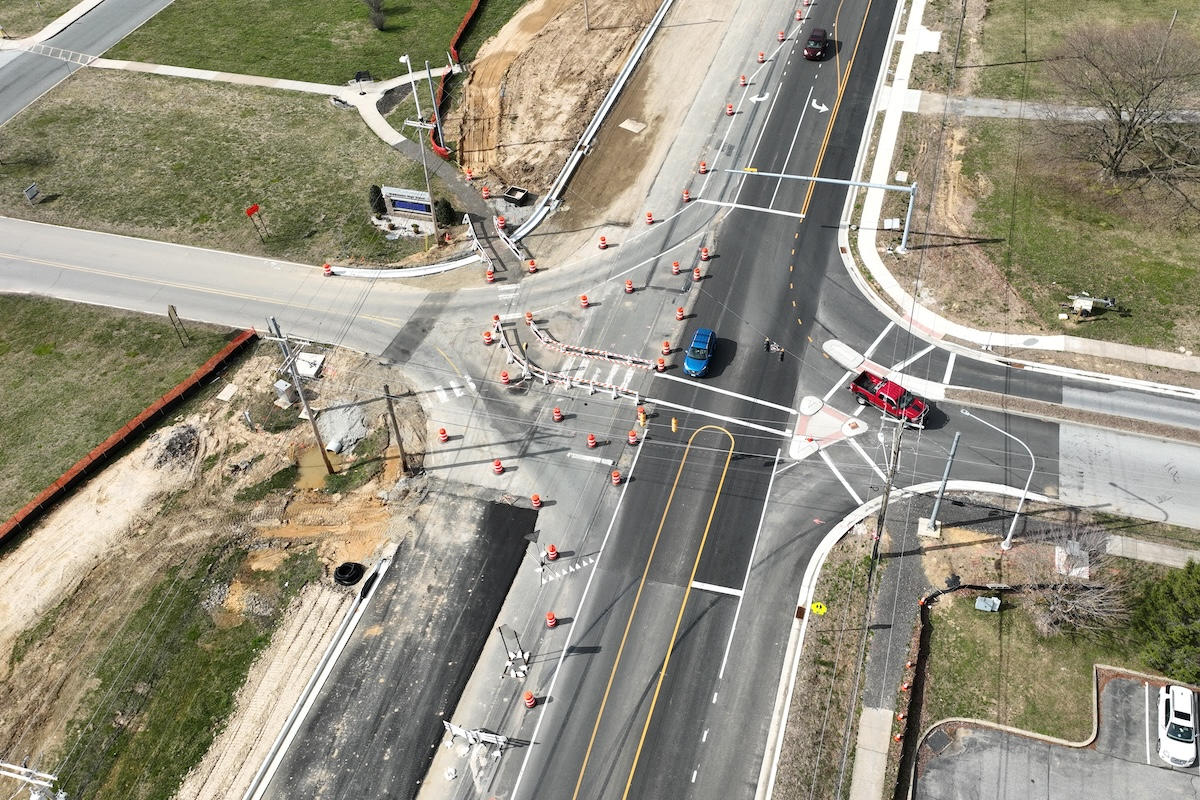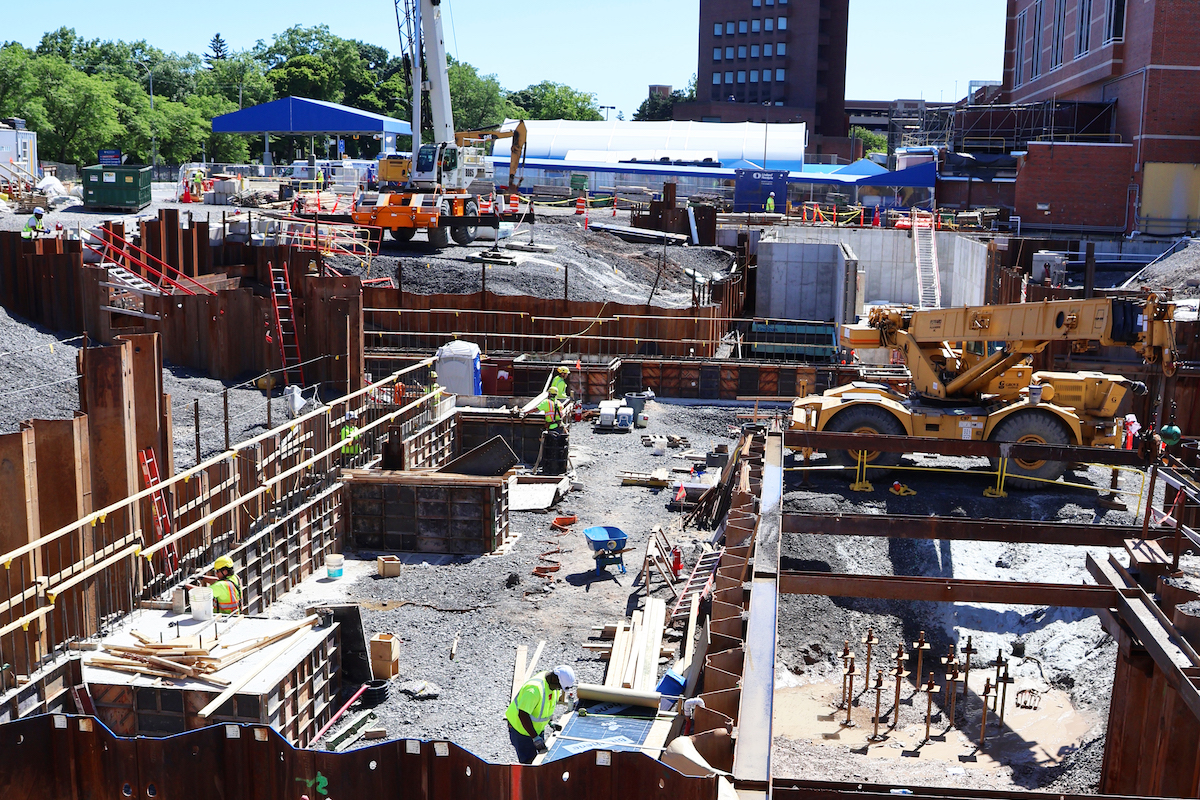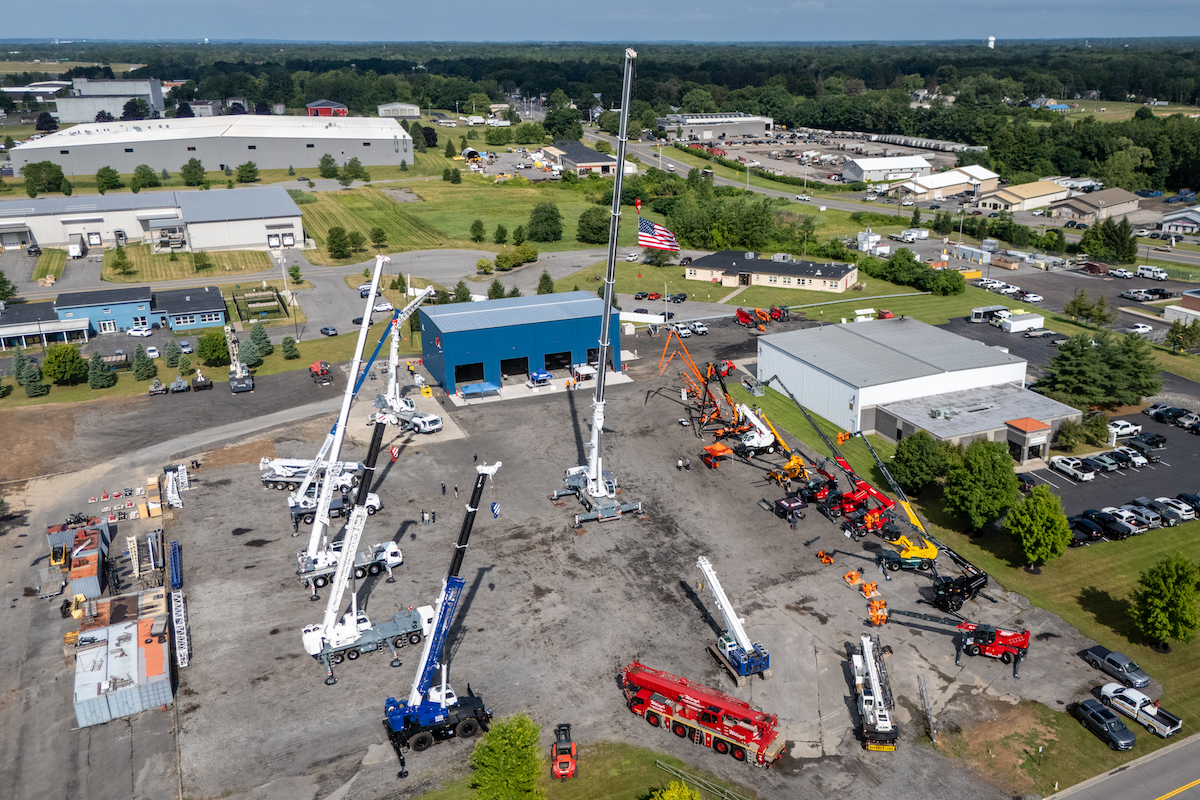Today, WPI operates across two countries, 48 locations, three business units, and has a workforce of over 1,100 employees. Louis M. Pearce Sr., a humble third-grade dropout, founded the company with a simple aim — to provide for his family. Today, that purpose resonates through four generations of Pearces, as they continue to nurture the company's growth while upholding its values and providing for and serving their extended family, including customers, employees, and communities.
Many came with high hopes and went with little more than the bitter taste of dust and disappointment. It was, after all, extremely hard work to be an oil man in that harsh and unforgiving environment. There was high demand for labor and equipment to drill and produce oil.
For men like Louis M. Pearce Sr., Southeast Texas was an opportunity. Determined to provide for his family, Pearce Sr. dug in and went to work. He started a manufacturing company for steam-powered oil-drilling rigs, called Portable Rotary Rig Company, in 1924. One day, he saw a farm tractor powered by a Waukesha diesel engine and came up with the idea to power his rigs with diesel engines. That innovation transformed the oil business forever.
In 1933, during the height of the Great Depression, Pearce Sr.’s company became an official distributor for Waukesha — a relationship that endures today. WPI's Energy Systems Division has since diversified, offering primary and standby power, industrial power generation, gas compression, drilling support, and comprehensive services across the United States and Canada.

| Your local Trimble Construction Division dealer |
|---|
| SITECH Allegheny |
| SITECH Northeast |
| SITECH Allegheny |
| SITECH Northeast |
Hard work and innovation fueled the company’s early success, but it was Pearce Sr.’s commitment to service that created a sustainable business. Providing support to keep the equipment working instilled loyalty and trust from his customers. It helped forge long-lasting business relationships and more importantly — friendships.
By all accounts, Pearce Sr. embodied the Silent Generation, working hard and never complaining. “My grandfather, all he knew was work. That's all he ever did,” recalled Louis M. Pearce III, President of WPI. “The message was pretty clear that you show up for work, and you get after it.” Pearce Sr. died coming home from work on a Sunday, but not before handing over the reins of the company to his son, Louis M. Pearce Jr.
Pearce Jr., born in 1917, grew up around the business and joined full time in 1945 after spending five years as an Army Officer in World War II. In 1947, at age 30, Junior became President of WPI while Pearce Sr. ran TIW Corporation, an oil tool company he had previously started.
“He contacted the folks up in Benton Harbor, Michigan, about becoming a distributor,” Pearce III said. “And they granted him a distributor territory for their wheel loader product line in 1956. That was the start of the Construction Machinery Division.”
The timing of the distributorship coincided with President Dwight D. Eisenhower's Federal-Aid Highway Act, which spurred infrastructure development across America. It was a great time to be in the construction machinery business, and Pearce Jr. had positioned WPI perfectly.
During his tenure, acquisitions and mergers in the construction manufacturing industry presented opportunities for WPI to add new lines of equipment. In the early 1970s, Komatsu approached Pearce Jr. when they entered the American market to establish WPI as a distributor, but the timing was not right. Pearce Jr. and Pearce III maintained a cordial relationship with Komatsu, and they agreed to stay in touch.
In 1978, Pearce Jr. faced a health scare and decided to slow down. He formed Pearce Industries, Inc. (a holding company) and stepped into the role of Chairman of the Board for it and the two subsidiaries, WPI and TIW. Pearce Jr.’s oldest son, Louis M. Pearce III, became President of WPI, while his brother Steve Pearce took over TIW. The time was right to serve as an adviser and let the next generation lead. It also gave him the time to use his skills to help build his community.
At age 31, Pearce III had been working at WPI nearly half his life when he became President. Like his father, he and his siblings were expected to work. His teenage summers consisted of sweeping and stocking the warehouse — the perfect training to endure two-a-day football practices. More importantly, Pearce III said it was great training and experience on how to take direction from everyone, and it showed him that every person and every job mattered. At 19, he became a full-time employee and 12 years later, he was ready when he became the leader. He had a great management team, knowledge, and experience.
Pearce III attributes the family atmosphere that his father established to his own success. “When I became President, there was a strong core of older guys that were probably anywhere from two to five years away from retirement,” he said. “You know, in a lot of companies that would be a death sentence for the guy coming in — the ‘boss's son syndrome.’ But with this group, they just grabbed me and said, ‘Hey, we're here to make you successful.’ And I can't describe how much I respect them for that.”
Pearce III’s friendship with Komatsu had continued throughout this time, and in 1990 when the opportunity arose again to pick up the Komatsu line, WPI took it. They became a full-line Komatsu construction, infrastructure, mining, and forestry machines dealer.
Over the next 30 years, WPI grew their construction footprint to include 13 locations in Southeast Texas and solidified their role as a dominate player in the market. They brought together strong complementary lines and increased their parts and service departments so that they would never be far from their customers.
“We’ve got great customers, and their work is a 24/7 business. Whether it’s an engine or a mining excavator, the performance has to be 24/7,” Pearce III said. “We’ve got to mirror that. It's been that way from day one.”
“If you're part of the family and you want to work here, that's where you start,” explained Lloyd French, Division President for WPI's Construction Mining Division. “And if someone skipped that process, they don't get to work here in the future.”
French and his cousin, Louis “Lou” M. Pearce IV, Division President for WPI's Engine Division are leading the next generation of Pearces and helping usher the company into the next phase of growth.
“We’re in a major growth mode right now, which is really exciting to me because it's something that Lloyd and I and the leadership team have been pressing on here,” Pearce IV said. “We can't stay stagnant; we must keep getting better.”
French and Pearce IV both spent a few years working for other companies after college and are excited to bring some of the best practices they learned during that time into the family business. “I think it's good to be able to take a tour of duty outside and look at the world from a different perspective,” French reflected.
The cousins are excited about two recent acquisitions. One of those acquisitions, Memorial Machine, is an engine component remanufacturing facility for the oil and gas industry on the Energy Systems Division side of the business.
“68 employees came on board when we purchased Memorial Machine — good people,” Pearce IV said. “It's been a great addition for us. And it made too much sense for our vision moving forward with the Engine Division for us to pass on it.”
At the end of 2023, WPI also became the exclusive Komatsu distributor for Louisiana and southwestern Arkansas. The expansion complements WPI’s Energy Systems Division that has been in the Louisiana market since the company started.
“So, we're already very familiar with that state, the territory, the great people over there,” French said. “We knew when we were acquiring that business, that we were going to get a ton of great employees.”
Almost every employee stayed through the transition and have fully integrated into the WPI family. With the deal, WPI acquired six more branches, bringing their total construction equipment locations to 18.
In the realm of energy systems, WPI continues to explore renewable energy solutions, clean technologies, and sustainable practices that align with evolving environmental standards and customer demands. By leveraging its expertise in power generation, gas compression, and drilling support, WPI seeks to play a pivotal role in shaping the future of energy production and consumption.
In the construction machinery sector, WPI remains at the forefront of infrastructure development, urbanization, and construction projects across Texas and Louisiana. With a keen eye on emerging trends such as smart infrastructure, digitalization, and automation, WPI is committed to delivering innovative solutions that optimize efficiency, productivity, and safety in the construction industry. In particular, Komatsu’s Intelligent Machine Control (iMC) is helping contractors reduce rework, alleviate some of the strain caused by workforce shortages, and achieve better outcomes.
“These iMC machines are helping contractors with their labor force. Experienced operators are hard to find, and they're expensive. Now, you don't need the best dozer operator to do a perfect grade. They can grade a job site within a quarter of a centimeter perfect every single time,” French said. “And then on the technology side — planning the job site with drones and software that loads into the machines — the amount of rework or lack of rework that you have to do moving forward is almost nothing. So, contractors can not only get the job done efficiently, but they can also get it done faster, better, at a lower cost, and move on to the next job site and bid on more jobs.”
Moreover, WPI recognizes the transformative potential of digital technologies, data analytics, and artificial intelligence in driving operational excellence, predictive maintenance, and customer engagement. By harnessing the power of data-driven insights and technology-enabled solutions, WPI aims to enhance its value proposition, streamline operations, and deliver unparalleled customer experiences in the digital age.
As WPI embraces the challenges and opportunities of the future, the company remains steadfast in its commitment to its core values of integrity, reliability, and customer-centricity. With a dedicated workforce, a culture of continuous improvement, and a spirit of innovation, WPI is well-positioned to navigate the complexities of a rapidly changing world and emerge as a trusted partner of choice for its customers, employees, and stakeholders over the next 100 years.




















